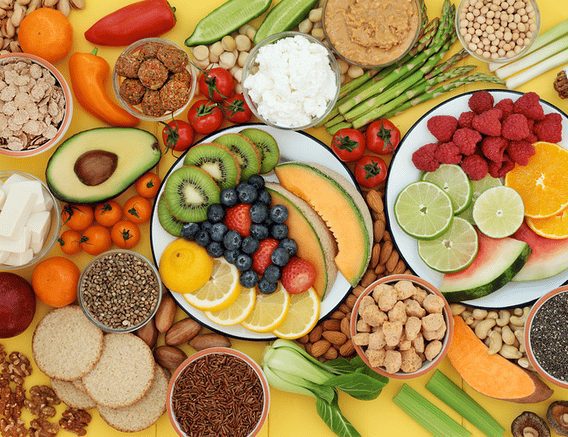By Susan Marais, Farmer’s Weekly, 25 June 2021, photo credit: Food Industry Executive
In May, South Africa’s Consumer Price Index (CPI) headline inflation reached the highest level since November 2018 and food price inflation rose to its highest point since July 2017.
This was according to Statistics South Africa’s (Stats SA) latest consumer inflation figures released on Wednesday, 23 June. It showed that the CPI climbed to 5,2% in May, up from 4,4% in April.
Inflation on food and non-alcoholic beverages for May was up 6,7% year-on-year (y/y), a 46-month high according to Stats SA, contributing 1,2 percentage points to the increase in CPI.
According to a food inflation brief by the Bureau for Food and Agricultural Policy (BFAP), the cost of its BFAP Thrifty Healthy Food Basket, which is a representative sample of a balanced food basket for a family of four, rose to R3 007/month. The cost of the food basket increased R150 (5,35%) y/y and R66 (2,2%) month-on-month.
Cooking (sunflower) oil prices continued to surge, increasing 30,3% from May 2020 and 8,5% from April 2021. The average price of a 750ml bottle of sunflower oil, for example, was R20,99 a year ago, rising to R29,39 in May this year.
Higher cooking oil prices was the main driver of inflation in the broader oils and fats category, which recorded an annual rate of 20,0% in May, up from 16,7% in April, the report said.
Grain SA economist, Luan van der Walt, attributed this strong rise in prices to the fact that South Africa was a net importer of vegetable and seed oils.
“The main seed and vegetable producing region in the world is situated in the region of the Baltic Sea. These countries didn’t have a large harvest, which led to an international drop in supply.”
According to BFAP, price increases for oils and fats were due to international price pressure from a combination of supply disruptions such as dry weather conditions in the Black Sea Region, which affected sunflower and canola production, leading to declining stocks over consecutive years.
Annual meat inflation had stubbornly remained above 6% since October 2020, climbing to 8,5% in May. Koos van der Ryst, chairperson of the Red Meat Producers’ Organisation, said high red meat prices could be attributed to droughts suffered in many parts of the country.
“Farmers are currently in a herd [re-building] phase. Not many animals are being slaughtered,” he said.
This was confirmed by BFAP, which said in the report that meat prices were higher on the back of higher international prices, increasing input cost and tight supplies due to lower imports from Namibia, as well as lower local livestock slaughter numbers.
“It is expected that slaughtering will increase as the year progresses, but prices could remain firm due to global prices trending higher,” BFAP stated.
Source
The South African Pork Producers’ Organisation (SAPPO) coordinates industry interventions and collaboratively manages risks in the value chain to enable the sustainability and profitability of pork producers in South Africa.
















